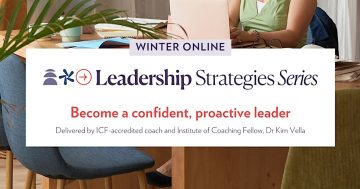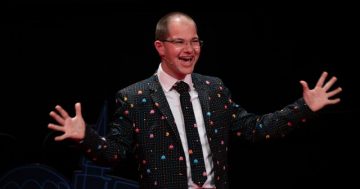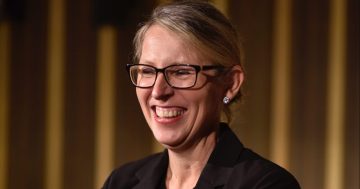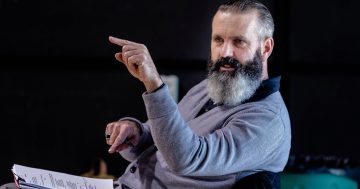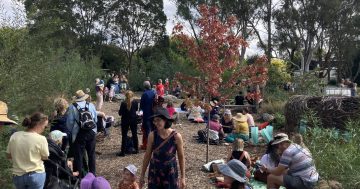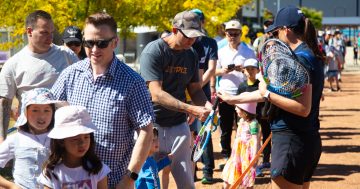
The TEDxCanberra Impact event will cover a range of fascinating topics including “what we fail to learn in school”. Photo: TEDx.
Nelson Mandela said education is the most powerful weapon one can use to change the world.
But as important as what we learn is how we learn, according to University of Canberra assistant professor of learning sciences Dr Shyam Barr.
His presentation at the upcoming TEDxCanberra flagship event is titled “What we fail to learn in schools and how we adapt to the different learning contexts that arise throughout life”.
It focuses on “self-regulated learning”, which studies how a learner actively engages in planning, monitoring and evaluating their own learning.
“As a simple example, adults in any profession often have to read texts – books, reports, articles et cetera. When we enter into that, it is an opportunity to practise self-regulated learning,” he says.
“We’re deciding what we want to achieve by reading that text, managing the information we’re processing and considering what connections we can make to previous learning strategies. We’re deciding how we want to engage with the activity and how we might best assimilate the information. We’re monitoring our understanding and perhaps, at the end, evaluating whether it’s been useful for us.
“A conversation at a workplace is another example. When we engage in a conversation to learn about a person or topic, core things we have to regulate in that conversation are our attention and our listening skills.”
With an extensive teaching background and a master’s and PhD in cognitive psychology in education under his belt, it’s a topic Shyam is qualified to comment on.
“I’m interested in understanding how we learn, particularly how we self-regulate our learning and this notion of being able to adapt ourselves as learners,” he says.
Shyam, who works closely with schools to help teachers develop their pedagogy around self-regulated learning, advocates for a fundamental shift in how we teach children.
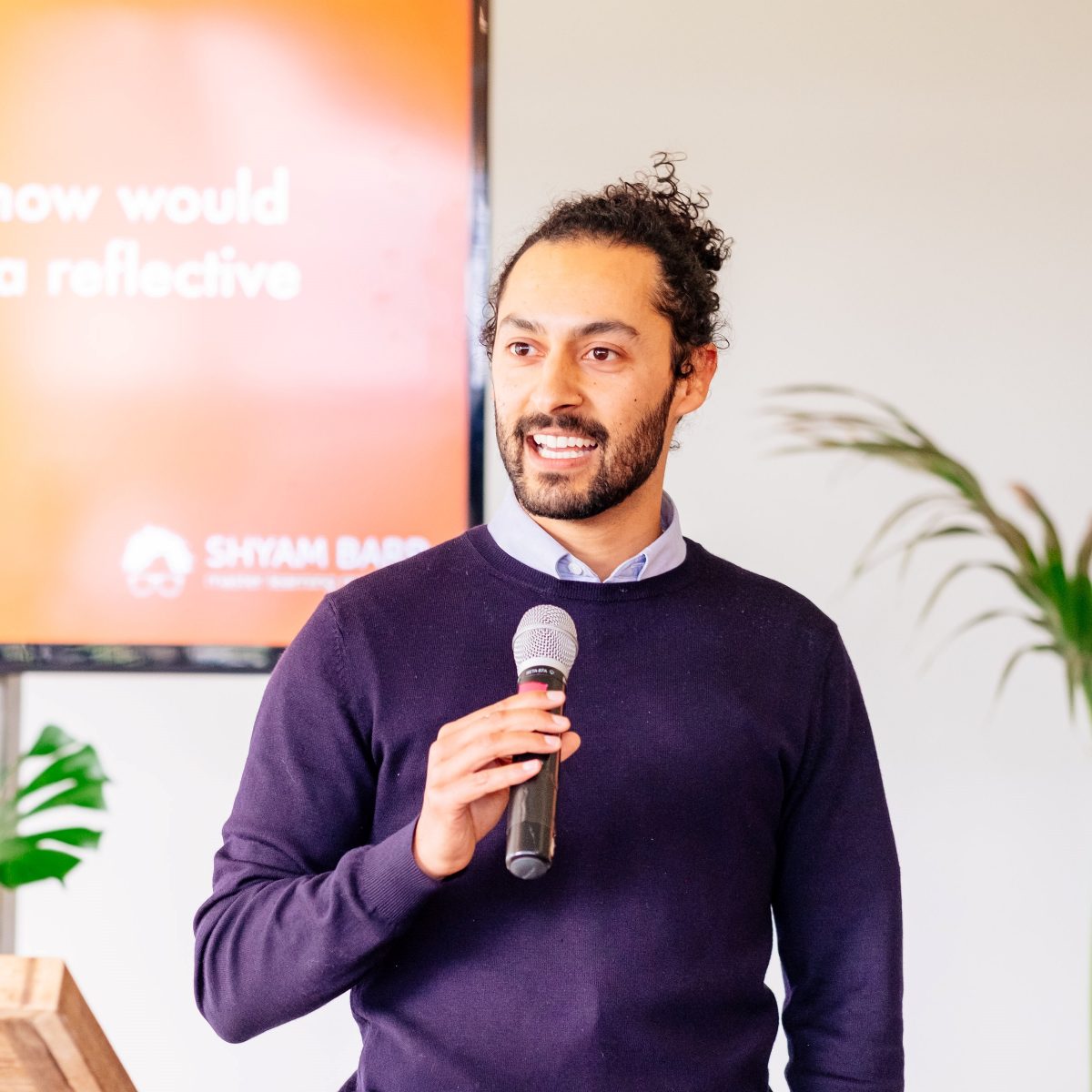
UC assistant professor of learning sciences Dr Shyam Barr. Photo: TEDx.
He says the emergence of new technology, machine learning and artificial intelligence will impact the types of jobs that exist in the future, and adaptability will be a key driver in a young person’s success.
“There’s still a prevalent focus on teaching a syllabus. I think there’s a need to pivot from teaching the subject itself to using the subject as a vehicle in teaching young people how to learn a subject,” he says.
“Knowledge is rapidly evolving and is highly accessible for young people online – so what they need is a skillset to engage with that information in an effective way.
“The long-term benefit for young people is that when they leave school, they haven’t mastered a school system but a learning system that they can adapt to different contexts.”
It’s a fitting topic for the TEDxCanberra flagship event, which centres on the theme of “impact”, as Shyam says this approach could fundamentally evolve the country’s education systems.
He says the increasing importance of self-regulated learning isn’t confined to future generations, either.
“Skills in self-management such as active learning was identified as one of the rising skill groups in demand at the World Economic Forum in 2020,” Shyam says.
“In the past year alone 1.3 million people have changed jobs. That’s an enormous number of people changing jobs, with a need for reskilling or upskilling. One in two people are now doing their work-related training online; more than double the rate from four years ago.
“Whenever we have these kinds of independent environments, there is this higher requirement to engage in our own learning.”
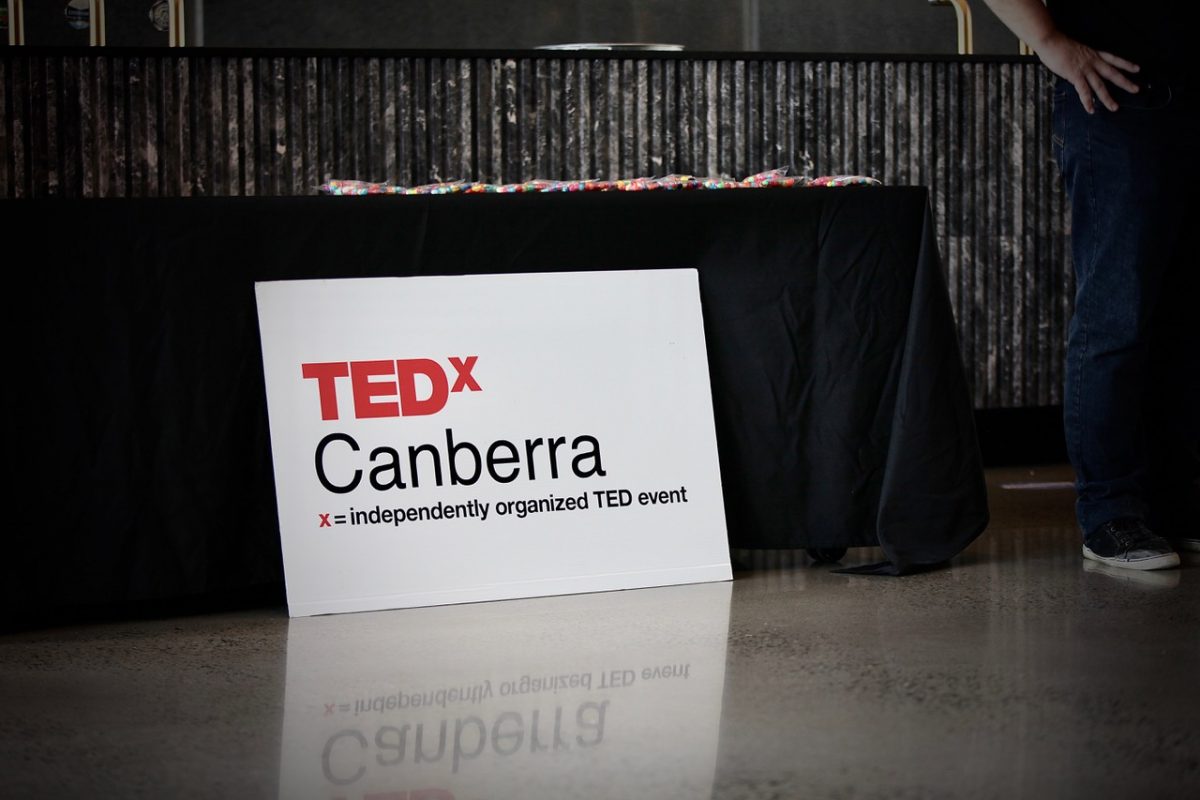
Discover ideas worth spreading at TEDxCanberra. Photo: TEDx.
Shyam is one of 11 speakers lined up for the TEDxCanberra Impact event, punctuated by performances from entertainers.
He says anyone interested in new ideas or new perspectives on ideas should consider attending.
“I feel a lot of the content I see out there, on social media and beyond, is obvious content. I am often looking for that glimmer of a new idea or perspective,” he says.
“Even if you don’t agree with what’s being said, if the idea stimulates a level of thinking I believe that’s a gift in itself.
“TEDxCanberra events are a great way of tapping into a community of forward-thinking, highly engaged, interested individuals.”
TEDxCanberra Impact could also be an agent of hope, according to Shyam.
“I think it’s easy to opt for a pessimistic view given the events of the past few years,” he says.
“This particular TEDx theme is essentially a collection of stories of impact or future impact and I think that gives us hope. So if you want to re-engage with a sense of optimism for the future, you might find it there.”
TEDxCanberra Impact runs on 16 October from 10 am to 5 pm at the ANU Cultural Centre Kambri. Tickets are now available online.











